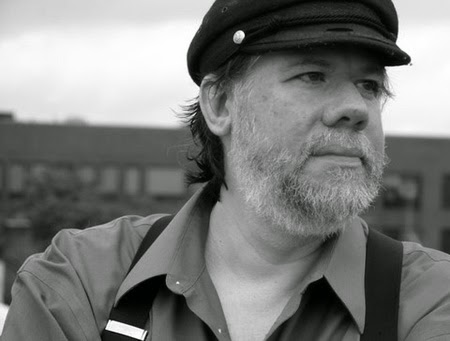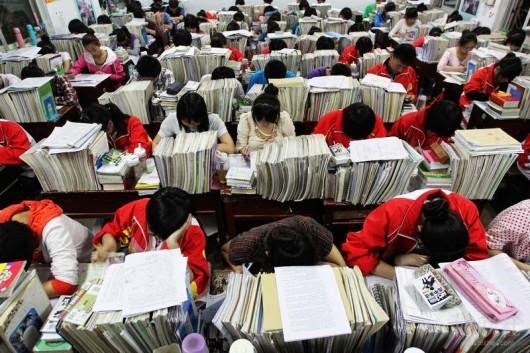As creatures of the earth, sexuality has always been deeply intertwined with human beings. In “The Perks of Being a Wallflower,” by Stephen Chbosky, explores the ways this theme of sexuality is present in the lives of young people. The novel follows the story of fifteen year-old Charlie, who enters high school still trying to cope with the suicide of his middle school friend Michael. To help ease his anxiety and overwhelming thoughts, he begins to send letters to an anonymous confidant whom he has never met yet has been told is trustworthy. He soon finds a friend in his english teacher, as well as in two seniors, Patrick and his step-sister Sam. Throughout his freshmen year, Charlie experiences love, drugs, and certain buried memories regarding the sexual abuse he suffered as a child from his Aunt, for the first time. In the book, there are many examples of sexuality having major positive and negative impacts on the young people in the novel.
In the book “The Perks of Being a Wallflower,” Stephen Chbosky explores the ways in which young people experience sexuality in a beneficial way. When Charlie kisses Sam, it is a magical moment. “She kissed me. It was the kind of kiss that I could never tell my friends about out loud. It was the kind of kiss that made me know that I was never so happy in my whole life.” Chbosky writes. This is the type of experience we often picture ourselves having with another, one that is pure light and joy. Charlie experiences healthy intimacy for the first time with sam, someone he trusts, cares about, and admires. It’s in this vein of healthy sexual encounters that we see Charlie feel a kind of happiness that feels enormous (“It was the kind of kiss that made me know that I was never so happy in my whole life”). This kiss gives both the reader and Charlie hope that he will overcome the sexual trauma of his past and live free of that burden. It’s that hope and contentment that illustrates impactful and healthy sexuality. Another example of the effects of sexuality as exemplified in the text is Charlie’s friend, Patrick’s relationship with his boyfriend Brad. “they ended up fooling around right there in the basement. Patrick said it was like the weight of the whole world left both their shoulders.” Patrick and Brad are exploring their sexuality in a different way than Charlie or most of the other kids in the book. They are trying to navigate a world that says their love is something to hide and be ashamed of. It is through their sexuality and through each other that they are able to finally feel comfortable in their own skin. The way in which Brad and Patrick are able to forget what their peers may think and feel intimate with each other exemplifies the impact sexuality has in Chbosky’s book.
In “The Perks of Being a Wallflower,” by Stephen Chbosky, sexual encounters, while often shown in a positive light, also impact the characters in negative ways. The most obvious way this idea manifests itself in the novel is the sexual abuse Charlie endured as a child at the hands of his Aunt Helen. Chbosky writes in the text about Charlie’s Aunt Helen: “even if she were here, I don’t think I could talk to her either.Because I’m starting to feel that what I dreamt about her last night was true.” In this scene, Charlie begins to realize that his aunt really did sexually abuse him, that he wasn’t just having a recurring nightmare. Throughout the novel, Charlie seems disconnected from life. The events of his past were so traumatic that he repressed the deep enough to feel unreal. Unlike his peers, he is hesitant to jump into social and sexual encounters because of something that he feels is holding him back. We understand eventually that a large contributor to Charlies disconnectedness and rather orthodox views on sex is the buried trauma of what his aunt subjected him to. “It was like everything made sense. Until she moved her hand under my pants, and she touched me. [...] It felt good actually. [But] I didn't know what was wrong.” This excerpt illustrates a way in which Charlie’s past is holding him back. Because of his history of sexual violence, Charlie finds it difficult to be intimate, even with someone he adores as dearly as Sam. The fact that, as a result of a sexual encounter, Charlie is being held back from having a healthy sexual relationship clearly shows the destructive impact sexuality can have on teenagers that is illustrated in the text.
In “The Perks of Being a Wallflower,” by Stephen Chbosky, a book about young people trying to find themselves in an adult world, the characters are greatly affected by the many sexual encounters they find themselves in. We live in a society that demonizes sexuality, hides it behind a curtain of mystery, especially for teenagers. This only creates a deeper sense of urgency for young people to experiment and ponder intimacy in many ways. The constant pressure for teens to act more adult than they are contributes in many ways to the sometimes rushed ways they explore sexuality with each other, and often pushes them to do/say things they are not yet ready to deal with. Perhaps if we were more open as a collective people about sex and how it affects us, people with pasts like Charlie’s would feel as if they could speak about their history without shame.

